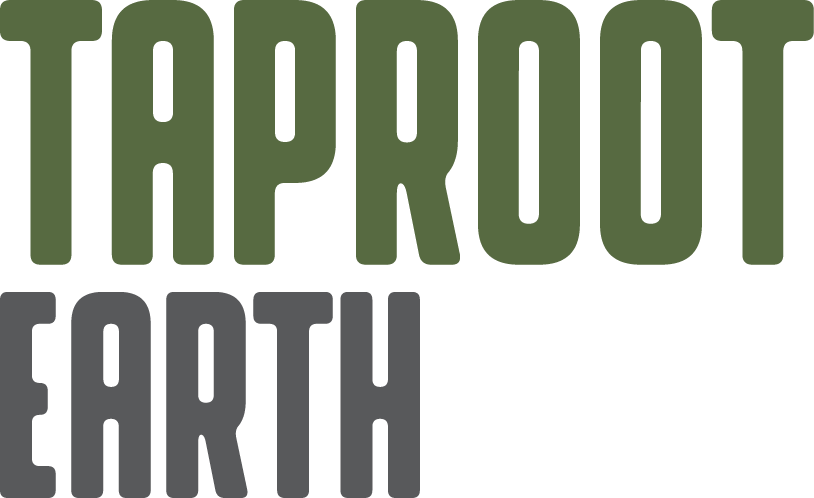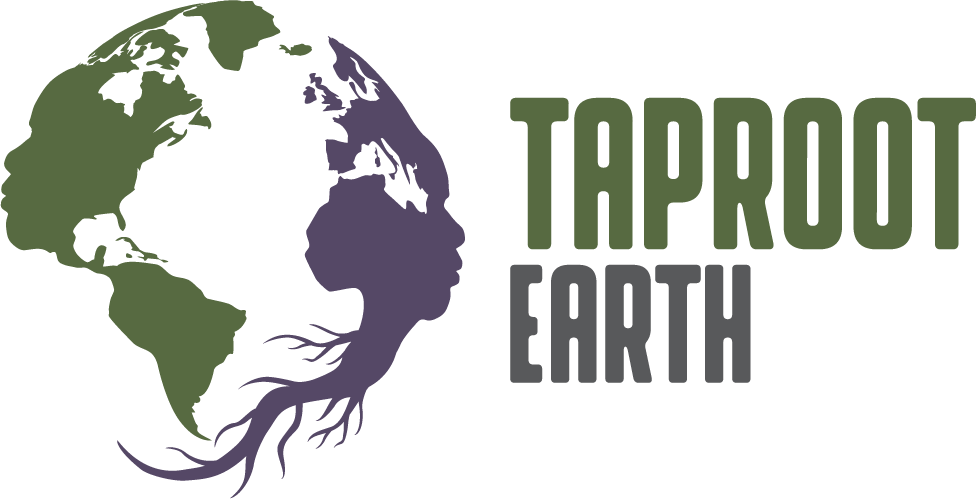 WE REMEMBER: Today we prepare for Hurricane Idalia to make landfall in north Florida, as we remember two of the biggest storms in our nation’s history. We honor the 1,836 lives lost in Hurricane Katrina in 2005 and the 107 lives lost in Hurricane Ida in 2021. We draw strength from all who continue to survive the impacts of the global climate crisis and the frontline communities who organize, in the wake of the next storm.
WE REMEMBER: Today we prepare for Hurricane Idalia to make landfall in north Florida, as we remember two of the biggest storms in our nation’s history. We honor the 1,836 lives lost in Hurricane Katrina in 2005 and the 107 lives lost in Hurricane Ida in 2021. We draw strength from all who continue to survive the impacts of the global climate crisis and the frontline communities who organize, in the wake of the next storm.
The climate impacts of extreme weather events of 2023 show us: there are unmistakable parallels between the inequities of disaster recovery in Louisiana in 2005 and Maui last month.
We lift two frontline organizations: Our Hawa’ii Community Power Recovery Fund and Aina Momona Maui Relief Fund.
And we make connections: Heat waves in southern California, Texas, Illinois, and Idaho are linked to the warm waters that brought storms like Hurricanes Maria, Fiona, Harvey, Ida, and Katrina. Communities in Canada, Pakistan, Mozambique, Zimbabwe and western Kentucky have also been subject to extreme weather and cannot deny: the climate crisis is real and it’s everywhere.
Eighteen years ago from the day Katrina made landfall, federal offshore wind sales begin in the Gulf of Mexico. The Wind industry can choose to be a leader in hiring organized labor, adhering to community benefits agreements (CBAs) and leading with publicly-owned companies by offering impacted communities full control and ownership. The impacts of the oil and gas industry persist.
It is time to reimagine an energy system that does not put our lives or our planet in danger. We must turn toward an energy system accessible to all because it is a human right and generated from justly-sourced renewable energy that is publicly controlled.
Now is the time. The frontlines have the solutions. Let’s urge decision-makers to have the courage and political will to advance a just and equitable transition.


